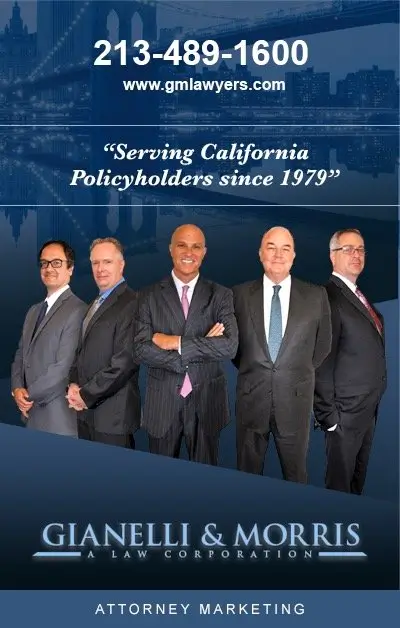U.S. Department of Labor Settles With United of Omaha Life Insurance Co. Over Evidence of Insurability

It’s standard practice in the insurance industry to require evidence of insurability before issuing a life insurance policy to an applicant. Apparently, it’s also standard practice in the industry to insure people without reviewing their insurability, take their money for years, and then deny a claim after the fact when the company shouldn’t have insured the individual in the first place. We say it’s commonplace because the government recently found United of Omaha Life Insurance Co. did it hundreds of times, and they are far from the only company accused of engaging in this unfair and unlawful bad faith insurance practice.
Company Now Has 90 Days to Speak Now or Forever Holds Its Peace
The United States Department of Labor (DOL) recently announced an agreement it reached with United of Omaha Life Insurance Co. (United) to settle charges against it for partaking in this unconscionable practice. The investigation into United was undertaken by an arm of the DOL, the Employee Benefits Security Administration (EBSA). The investigation concerned employer-sponsored life insurance plans, over which the DOL has jurisdiction via the Employment Retirement Income Security Act (ERISA), a federal law that sets standards for most employer-sponsored retirement and health plans offered to employees as a fringe benefit.
According to the DOL, United took in life insurance premiums for years without ever determining if the applicants satisfied their requirements for insurability. Instead, United would wait until the insured died and a claim was presented by the policy’s beneficiary. Only then did United go back and pore over the original application, followed by a denial of the claim because it never received evidence of insurability.
Under the terms of the settlement negotiated between United and the DOL, United now has 90 days from the date it accepts its first premium to determine insurability. After that period has passed, United can’t later deny a claim on the grounds it lacked evidence of insurability.
This settlement applies to United of Omaha Life Insurance Co. and its parent company, Mutual of Omaha Insurance Co., as well as Companion Life Insurance Co., a subsidiary of United of Omaha.
This Isn’t the First Time, and It Probably Won’t Be the Last
This practice is apparently common in the insurance industry and something the DOL is keenly interested in rooting out. In September we reported on a nearly identical situation involving Prudential Financial (Did Prudential Break the Law With Its Claims Handling Process?). As we reported back then, the DOL announced it was conducting “parallel investigations” and had “found that other life insurers also engaged in similar practices.” In its press release revealing the settlement with Prudential, the DOL warned other insurers “to examine their practices to ensure that they aren’t engaged in similar conduct.” This latest news about United of Omaha proves the DOL is staying true to its word.
Takeaway for Policyholders and Beneficiaries
If you are a beneficiary of a life insurance policy and your claim is denied, it’s probably worthwhile talking to an experienced insurance law attorney who will offer a no-cost consultation to evaluate any potential claim you might have. Life insurance policies can be essential to paying off a home mortgage and helping family members get by after the loss of a household’s wage earner, and a tort claim against an insurer for bad-faith insurance practices can result in the receipt of the policy benefits as well as additional compensation for other harm caused by an unreasonable claim denial that was unsupported by the applicable law or facts.



